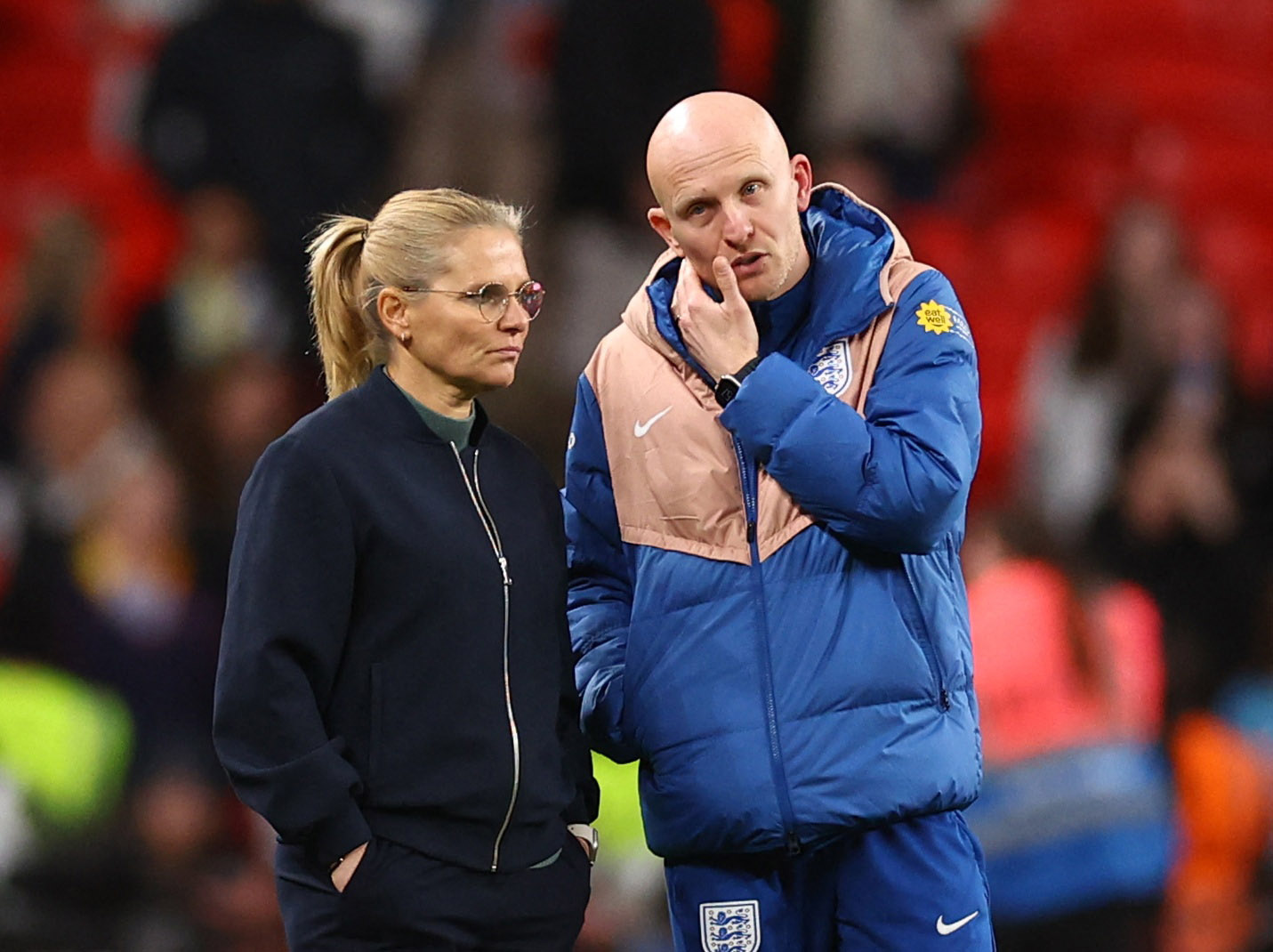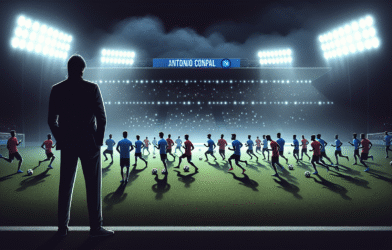Subtotal $0.00
Background: Crotone’s rise from Serie A to Serie C
Crotone judicial administration has been imposed amid a police probe into mafia infiltration. This measure marks a dramatic turn for a club whose arc includes a rapid rise from Serie C to Serie A, followed by a difficult fall through the leagues. The narrative of the club is a familiar one in Italian football: talent and ambition collide with the hard realities of finances, governance, and external influence. For supporters, the news is jarring, yet the authorities stress that the step is protective and procedural. The aim is to safeguard assets, protect workers, and preserve the club’s long-term integrity while investigations unfold.
The club’s journey from the heights of Serie A to the lower tiers was storied and uneven. It showcased how a small market club can punch above its weight, attract notable sponsors, and inspire local pride. Yet those same factors can complicate oversight and create vulnerabilities. The current intervention underscores broader concerns about criminal involvement in football governance. It also signals a commitment to transparency and due process as authorities pursue a robust, rule-based approach to safeguarding the sport. For now, the focus remains on stabilizing operations while legal proceedings continue. See reports from ANSA and Reuters for context, and note the official oversight role of the FIGC.
Judicial administration: what it means for the club
Under the directive of judicial administration, a government-appointed administrator takes control of day-to-day operations. The aim is to preserve the club’s assets, ensure financial prudence, and secure continuity during the inquiry. For Crotone, this means governance, contracts, and strategic decisions are temporarily centralized. The administrator acts as a steward, not a replacement for the club’s identity or its history with the fans. The measure is designed to minimize risk, prevent asset leakage, and maintain competitive integrity in a period of uncertainty. This framework will be in place until prosecutors outline the scope and duration of the intervention.
This arrangement also clarifies lines of accountability. Staff contracts, sponsorship commitments, and even transfer strategies will fall under the administrator’s oversight. While the club technically continues to exist, operational decisions require approval from the appointed authority. The approach aligns with broader Italian football governance efforts to curb malign influence and protect sporting merit. Observers will watch how the administrator balances financial realities with sporting needs, especially as the club navigates wage sheets, loan agreements, and ongoing obligations. See ongoing coverage in FIGC communications and updates from major outlets like Reuters.
Reasons for intervention: mafia infiltration links uncovered by police
The police investigation uncovered links between the club and elements connected to organized crime networks. The discovery raised concerns about hidden influence over decisions, including contracts, sponsorships, and player dealings. In response, authorities invoked judicial administration to place a protective shield around the club’s assets and to prevent further contamination of governance structures. The measure reflects a broader crackdown on mafia infiltration in football and aligns with an international trend toward stricter oversight of lower-tier clubs that face heightened financial and administrative risks.
Crucially, authorities stress that the intervention is not a verdict on individuals alone but a protective step for the club’s stakeholders—players, staff, supporters, and sponsors. The emphasis is on due process and a transparent investigation that can proceed without disruption to the club’s operations. The term Crotone judicial administration appears frequently in official updates as the mechanism by which governance is temporarily stabilized. For additional context, see reporting from ANSA and commentary from football governance observers.
Operational impact: governance, finances, and staff
The administrator’s remit covers governance, finances, contracts, and staff. Immediate priorities include safeguarding assets, auditing existing arrangements, and ensuring compliance with regulatory requirements. This often requires re-evaluating sponsorship contracts, wage structures, and transfer-related obligations. While day-to-day football operations continue, strategic decisions now proceed with heightened scrutiny and formal sign-off. The long-term effect on recruitment, development pathways, and youth programs remains uncertain until the administration completes its assessment.
Practically, the club must work within a tighter governance framework. Cash flow management becomes critical, as do obligations to creditors and vendors. The administrator also liaises with leagues to ensure continuity of competition and compliance with licensing rules. Stakeholders should expect regular updates on financial health, asset protection, and any interim measures affecting player contracts. In addition to internal controls, external oversight aims to restore trust among sponsors and fans. See ongoing governance discussions and statements published by the club and local authorities, with corroboration from FIGC.
Competition implications: effects on Serie C and future plans
For Serie C and the club’s future, this development creates both risk and instability. Administrative control can slow strategic investments, affect sponsorship renewals, and influence transfer activity. It may also impact eligibility criteria, financial fair play considerations, and the ability to meet league requirements during the investigation. The club’s traditional ambitions, including long-term stadium plans and youth development, could be reassessed in light of the governance framework. In the near term, players and staff may experience uncertainty, which can affect performance and morale.
Yet the intervention also presents an avenue for rebuilding trust with fans and partners. A transparent process, a clear timetable, and accountable leadership can reassure stakeholders that the club remains committed to its sporting project. For observers, the situation underscores the fragile balance between sporting merit and external risk factors in lower-tier Italian football. Updates and analysis continue to emphasize how Crotone judicial administration shapes the road ahead and what it means for 2025 and beyond.
Investigations and legal process: timeline and scope
The investigation proceeds along a defined timeline that includes evidence gathering, witness statements, and financial audits. Prosecutors will determine the scope of charges, the roles of individuals implicated, and the potential for additional sanctions. During this phase, the administrator operates within a defined mandate to protect assets and ensure continuity. The process may involve court hearings, extensions of supervision, and potential administrative penalties against responsible parties. Clarity about timelines is essential for restoring confidence among fans and markets.
Observers note that timelines in such cases can be lengthy. Public communication from prosecutors and the judiciary will shape expectations. The operation underscores the importance of due process and rigorous analysis. As more information emerges, the club’s supporters can rely on official channels for updates about the administration’s scope and the possible outcomes, including future asset disposition or personnel changes. For readers seeking context on similar cases, reputable coverage from Reuters provides comparative insight.
Reactions and next steps
Reactions have varied across stakeholders. The club’s board expresses commitment to transparency and to protecting the club’s legacy. Players and staff seek stability and assurances about salaries, contracts, and career prospects. Fans worry about the impact on league standing, ticketing, and ambitions. Local authorities emphasize that the measure is a protective step, not a verdict against individuals. The next steps include a detailed assessment, a published timeline, and regular briefings to maintain confidence among sponsors and partners.
Looking ahead, Crotone judicial administration will likely drive strategic decisions about long-term governance, investment in youth, and partnerships that align with regulatory expectations. The club may pursue targeted restructurings, enhanced compliance programs, and closer collaboration with football authorities to rebuild trust. As prosecutors outline the scope and expect to conclude the administrative period, supporters and stakeholders should monitor official statements and credible outlets for updates. For ongoing commentary, see updates from ANSA, FIGC, and Reuters.
















